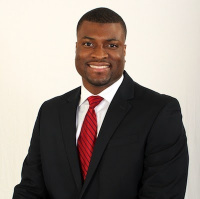Kew Gardens Juvenile Law Lawyer, New York
Sponsored Law Firm
-
 x
x

Click For More Info:
-
Henry Law
825 E Gate Blvd Suite 106 Garden City, NY 11530» view mapEmployment, Bankruptcy, Criminal, FMLA, Civil The Difference.
We practice in an array of practice areas, and employ modern technology in helping you achieve your legal objectives.
800-974-2431
Adrienne D. Edward
✓ VERIFIEDCriminal, Immigration, Divorce & Family Law, Juvenile Law, Accident & Injury
For 25 years, Attorney Adrienne D. Edward has been offering top-notch legal representation to individuals and families throughout New York and New Jer... (more)
Shauky Michael Musa-Obregon
Immigration, Domestic Violence & Neglect, Juvenile Law, DUI-DWI
Status: In Good Standing
Paula Jay Hepner
Juvenile Law, Other, Guardianships & Conservatorships, Divorce & Family Law
Status: In Good Standing Licensed: 47 Years
 Chauncey Henry Garden City, NY
Chauncey Henry Garden City, NY Practice AreasExpertise
Practice AreasExpertise

